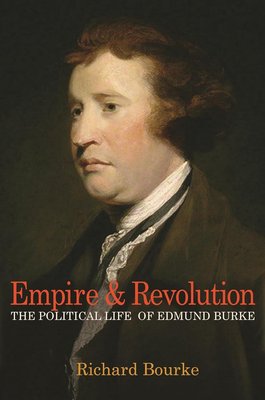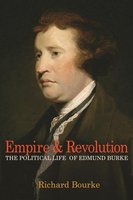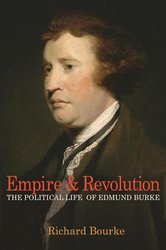We Know So Little About What Makes Humanity Prosper
Why do some countries produce far more science Nobel laureates than others? Why did Silicon Valley happen in California rather than Japan or Boston? Why did the Industrial Revolution happen when it did and where it did?
These are just some of the questions that have inspired the formation of a new intellectual movement called “progress studies.” The basic idea is this: For hundreds of thousands of years, human history played out without any rapid, marked advance in material living standards. And then, suddenly, in just the past few hundred years, everything changed: Humanity achieved a truly mind-boggling amount of progress in the evolutionary blink of an eye. In the early 21st century, we are all living in the world that progress bequeathed. And yet we understand shockingly little about what drives that progress in the first place.
That’s important because, at least according to some metrics, progress seems to be slowing down. We spend far more on scientific research but that research results in fewer breakthrough discoveries. Key economic indicators such as productivity growth have slowed. Many have argued that the technologies we’ve invented in recent decades, while highly impressive, aren’t as transformative as the technologies from the last century. All of which means that the questions animating progress studies aren’t mere academic exercises; they are central to understanding how we can bring about a better future for all.
Patrick Collison is the co-founder and chief executive of the multibillion-dollar payments company Stripe. But for years now, Collison has also been developing and advocating a worldview that has become the intellectual backbone of this new discipline. In 2019, Collison, alongside the economist Tyler Cowen, called for “a new science of progress.” And since then, an intellectual ecosystem has sprung up around it, full of its own magazines and thinkers and syllabuses and podcasts. And Collison himself is putting its theories into practice through organizations (like Fast Grants and Arc Institute) that he’s founded and funded.
This conversation is an attempt to better understand Collison’s worldview, and more broadly the worldview of progress studies. The ideas that animate progress studies are worth taking seriously on their own terms. But they are also important because they are becoming increasingly influential among a wealthy elite with the power and resources to shape all of our futures.





